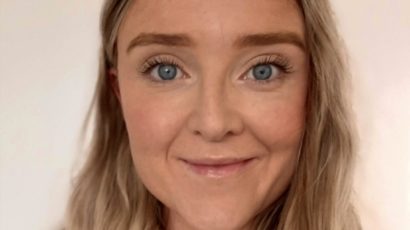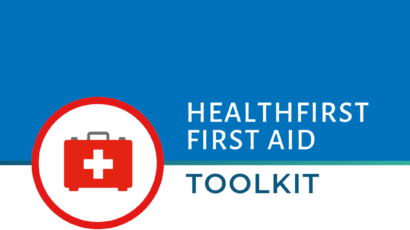How many of you are squirming a bit just from reading the title of this article? Be assured that it is quite normal to feel awkward and embarrassed when it comes to talking to your kids about growing up, how their bodies are changing, and why Mummy and Daddy look different from them; as well as the biggie – where babies come from.
If you still feel reluctant about tackling this topic with your children, ask yourself this question: Where do you want your child’s sex education to come from? The playground? TV? A friend’s older sister? The Internet? Or from you and your partner? Here is a fact to further help make up your mind – good sex and relationships education raises the age at which teenagers first start to sexually experiment (source: National Campaign to Prevent Teen and Unplanned Pregnancy 2007).
Here are a those tips on how to make it manageable:
- Start as early as possible – from the age of about three, the age at which they start to notice, at bath time for example, that parts of their body look different from their daddy’s or baby sister’s. (If your children are older than three, remember that it is never too late to start talking about sex and relationships.)
- Remember that the questions they ask will not go away! If you don’t give them satisfactory answers, or if you shut them down, they will go elsewhere for the answers, and they may find answers that you might not necessarily agree with.
- You don’t need to give the whole “birds and bees” talk – just little parcels of information that answer the specific questions at hand. Then wait; that may be enough for them for now. After they digest the information, they might come back to you with another question.
- Give yourself a “get-out-of-jail-free” card when necessary – temporarily, at least. For example, if your curious five-year-old asks in a loud voice in the supermarket queue, “Mummy, how did that lady get that baby inside her tummy?” it is okay to go a bit red then say, “Let’s go home, get a snack and I will tell you all about it. It’s an interesting story, actually.”
- Be as truthful as you can – no fairies, angels, storks, or gooseberry bushes! Use the scientific anatomical words. Look at a science book together if that helps (you yourself might learn something; just because we are parents doesn’t mean we know it all). Using “proper” words actually helps take some of the embarrassment out and makes it more like a science lesson.
- Couch it in your own cultural, family, and/or religious beliefs if you like, but keep the scientific facts true. Talk about sex in the context of loving relationships, but older children will need to know that not all sexual contact is a sign of love: think about how to educate them so they will know how to keep themselves safe in the future – hard to face but so important. You won’t always be there to protect them. One of the most important gifts we can give our children is to teach them how to make good decisions for themselves, by themselves.
- It’s okay to giggle! This is necessarily an embarrassing topic; it is right that we keep our sexual lives separate from our children – it is that instinct that helps prevent incest. So have a squirm and have a giggle, but keep answering the questions.
- Finally, it is okay not to know all the answers! I couldn’t explain the inner workings of the Large Hadron Collider or why the Incas were wiped out, but I can say, “That’s a very interesting question. I don’t know the answer to that one. How about I look it up tonight on the Internet or in my book and let’s talk more about it tomorrow after football practice?” But be sure to restart the conversation later, as promised.
Finally, remember that you don’t have to do this alone. As with many other aspects of parenting, there are plenty of resources out there – books, websites, partners and other mums and dads. Share your most embarrassing questions, bash out the answers together and have a chuckle over it.
One excellent book that I recommend is Speakeasy: Talking With Your Children About Growing Up by Miriam Stoppard. Another aimed at girls aged 7-11 is from the American Girl Library: The Care and Keeping of You.
By Dr Penny Fraser, MB BS BSc(Hons) MRCS(Eng)
Dr Penny Fraser is not only a mother of two curious little girls aged seven and nine, but also a British-trained doctor who works in the emergency department of the Hôpitaux Universitaires de Genève. Along with Dr Michelle Wright (see her article, also in this issue) she is a medical director of HealthFirst, provider of first aid training, first aid kits and tailored health education (including school sex education) to parents, carers, schools, businesses, and the humanitarian sector in English. Go towww.healthfirst.ch to find out more.
This article is also published on http://motheringmatters.ch where you can read other articles about ‘the birds and the bees’.
Since 1994, Mothering Matters has been providing parenting information to the English-speaking families in Switzerland. It emerged from the La Leche League as a newsletter, and quickly grew to become a print and online journal for a wider audience.






